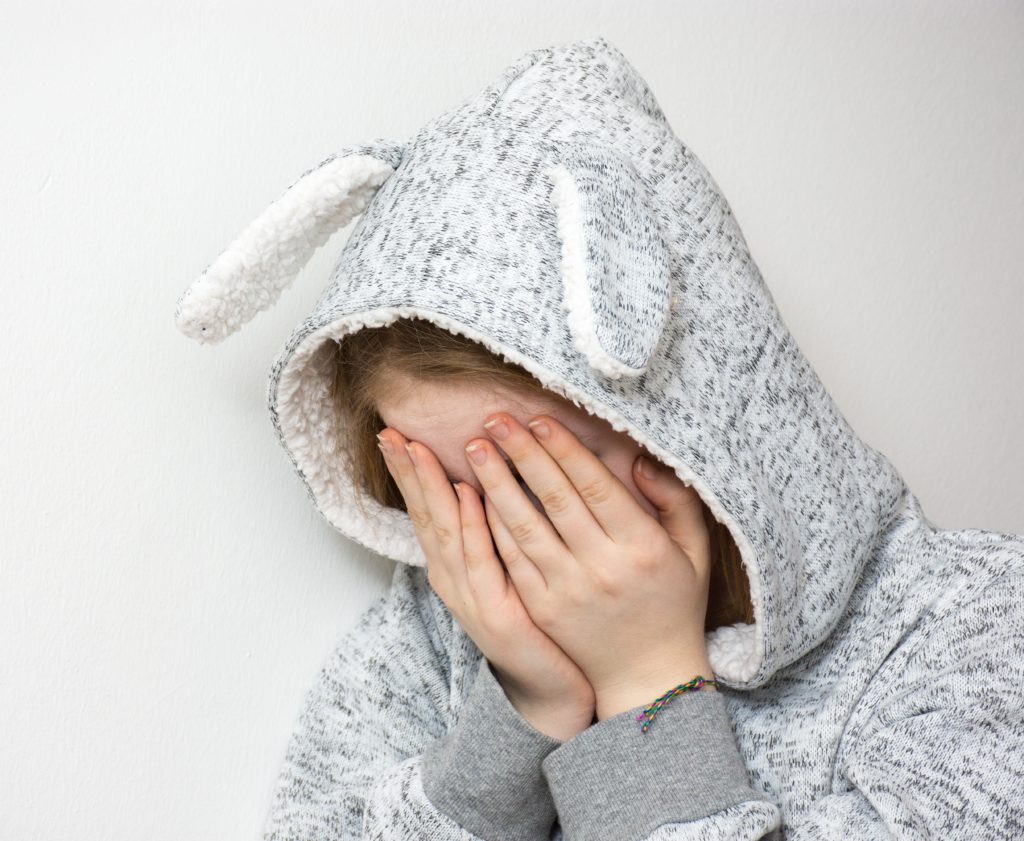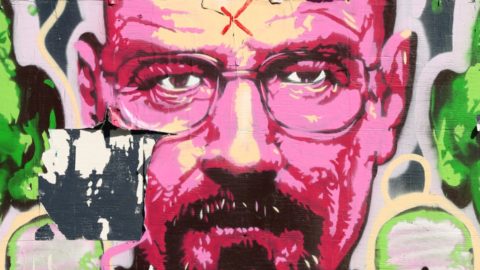Freedom is something we are still determining. We want it on the one hand. When we are subject to arbitrary rules, we feel trapped. Many people don’t want to work for a boss who micromanages. Some even risk their lives to overthrow an authoritarian ruler.
However, when there are no external constraints or impediments, and we have more freedom, we tend to not take advantage of this and choose to limit our freedom. This phenomenon, the anxiety we feel when we can make our own decisions, interests me. Is it what motivates it? What are its forms?
How do we borrow opinions from other people?
Let’s first consider freedom of thought. How much do we actually want? Although most people reject the imposition of opinions and ways of thinking, many of us will accept other people’s views. We do what we want, no one forces us to do it. We also give up our freedom of thought. In De Profundis, Oscar Wilde observes along these lines: “Most people were other people.” Their thoughts are another person’s opinion, their lives are a mirror, and their passions are a quotation.
Wilde’s pattern is insidious. We often need to remember to notice when we take another person’s viewpoint. We usually don’t realize that our view is actually theirs. We don’t see any reason to be alarmed if we consider that it was borrowed from someone else. Our borrowed opinion is what we would think if we had more time to reflect on the matter. (Incidentally: While it may appear to “borrowers” as if they think for themselves, opinion purveyors, pundits, and influencers are likely acutely aware of their power over others’ minds.
Does this knowledge come with deep respect for the audience, or is it not? It is a question we have to ask ourselves.
Other times, the opinions we borrow are not just an opinion but a way to understand our experiences. For example, we might try to put our grief in a narrative about “stages” of misery or take on someone else’s personality.
We may believe we can preserve our freedom of choice by not agreeing with everyone. Instead, we only borrow opinions that we find interesting. Although we have more freedom to choose which perspective, we want to adopt than we do to be forced to accept a narrative we don’t believe credible, there are other options. It is possible to make sense of the world and others for yourself and not rely on anyone else’s opinions. Because no human temperament can be duplicated by another, we will likely find our own conclusions regarding any given issue.
What it means to be “Without Character.”
In The Man without Qualities, Robert Musil describes a man named Ulrich who has no character, inner core, or set of values. He is a man without qualities. Ulrich is a literary exaggeration of a common phenomenon: lack of texture and consistency. We rarely try to choose who we want to be. We allow our circumstances, time, and place to shape us.
We may believe we are more accessible than those who live in another time and place. Given our beliefs and desires, it would be stifling or even disgusting if someone tried to dictate their views. However, while some communities are more complimentary than others in particular times and places, we may be blinded by the collective narcissism prevalent in an era.
Bad faith
To escape freedom, we must deny that we have the right to choose. Sometimes we may convince ourselves that we have no choice or don’t make the decisions. This belief was called “bad faith” by Sartre (mauvaise fo). Bad faith is the belief that we believe in our unfreedom. Sartre thinks that soldiers who feel they must obey an order simply because it is what soldiers do are acting in bad faith.
Why do we reject freedom?
Let’s start by thinking for ourselves. Why should you rely on the opinions of others? A desire to belong is one reason. Musil also says that we must accept our age’s “baseness” and outlook or be neurotic. There’s a way around that. The problem is we need to learn to get anything. We are not likely to resist and may become empty vessels in order to allow any content to flow in.
This is not necessary. While there are limits society places on self-expression, it is wrong to view conformism as the only way to social acceptance. People who follow their own path are familiar with it. We find them quite charming, but we think they would reject us if we were more like these people.
Bad faith? Bad faith may be motivated by the desire to avoid responsibility. It cannot be easy to accept responsibility. Sartre’s insight was that such a thing cannot be done. Chosen unfreedom does not forgive us. We are still responsible for our actions, even if they were made in bad faith. This applies not only to the eyes of other people but also to our own. As authentic choices are, inauthentic ones carry the same responsibility. They do not bring freedom, but they are just as bad as the former.
We all know this. But we also have an inner inhibition. A lack of confidence, misguided humility, and fear can lead us to believe that it would be too bold or risky to do things differently. To decide what we think and who we should be.
Misguided humility is not an attribute; we can’t protect ourselves from mistakes this way. What is likely to happen if we make other’s mistakes? In The Remains of the Day, Kazuo Ishiguro has Stevens, the butler who had let his identity depend on Lord Darlington’s views and decisions, say the following:
“Lord Darlington was not a bad man. He was not a bad person at all. He was a good man. His lordship was courageous. Although he took the wrong path in his life, he still chose it. For myself, that is something I can’t even claim. You see, I trusted. I believed in his wisdom. Through all the years that I served him, I believed I was doing something valuable. I can’t even claim that I made my own errors. You have to question yourself — what dignity is that?“










